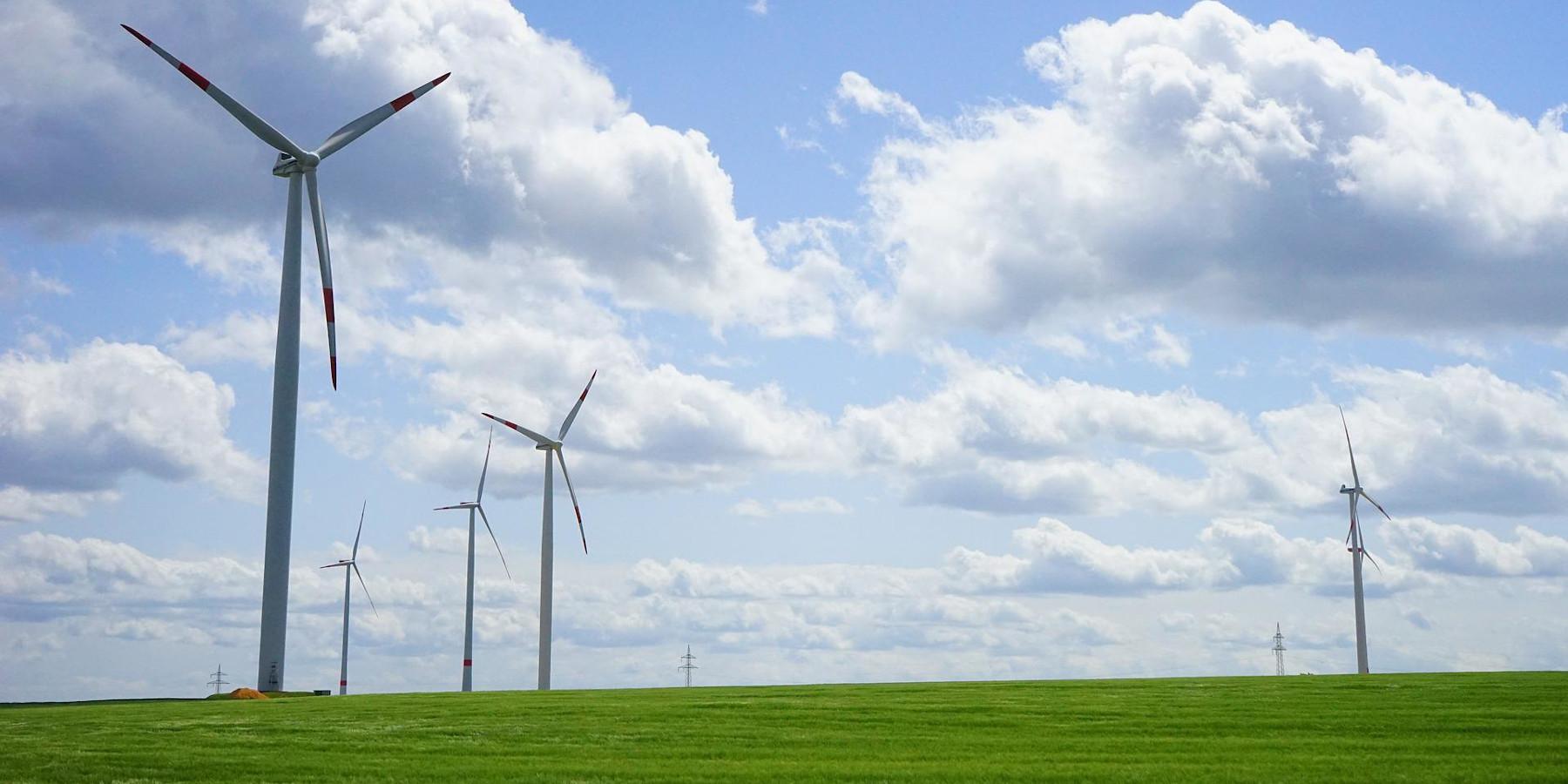Efficient sensors for hydrogen detection in industrial environments
The IMB-CNM, through the researcher Cecilia Jiménez, initiates the European project HYDROSENS for the development of hydrogen detection sensors with new functional materials. The initiative is financed by M-ERA.NET, a European financing network to support technological innovations aimed at the objectives of the EU Green Deal.

The Institute of Microelectronics of Barcelona (IMB-CNM, CSIC) has received funding from M-ERA.NET for the development of efficient sensors that detect hydrogen under industrial conditions. The initiative responds to the needs of the hydrogen industry to achieve the transition towards a sustainable economy based on green energies.
"The novelty of this project is the use of new functional materials based on polycarbazole, specific for the detection of hydrogen at low temperatures, together with transducers made with silicon technology from the IMB-CNM", explains Cecilia Jiménez, researcher at the IMB-CNM and PI of the project.
The use of polymers based on carbazole-derived compounds allows the sensor to operate at room temperature or at low temperatures. Currently, gas sensors operate at high temperatures and are dangerous for applications in the hydrogen production industry. The proposed devices would allow manufacturing scalability and lower energy consumption.
This research indirectly promotes minimizing the emission of greenhouse gases thanks to the reduction of their consumption, as well as supporting the "hydrogen industry" as a safe and efficient solution for the energy transition.
Achieving a zero emission industry
M-ERA.NET is a network funded by the EU to increase coordination of European research programs and related funding in materials science and engineering. The objective is to promote initiatives that generate solutions that help achieve the European Green Deal and reach a decarbonised industry by 2050.




